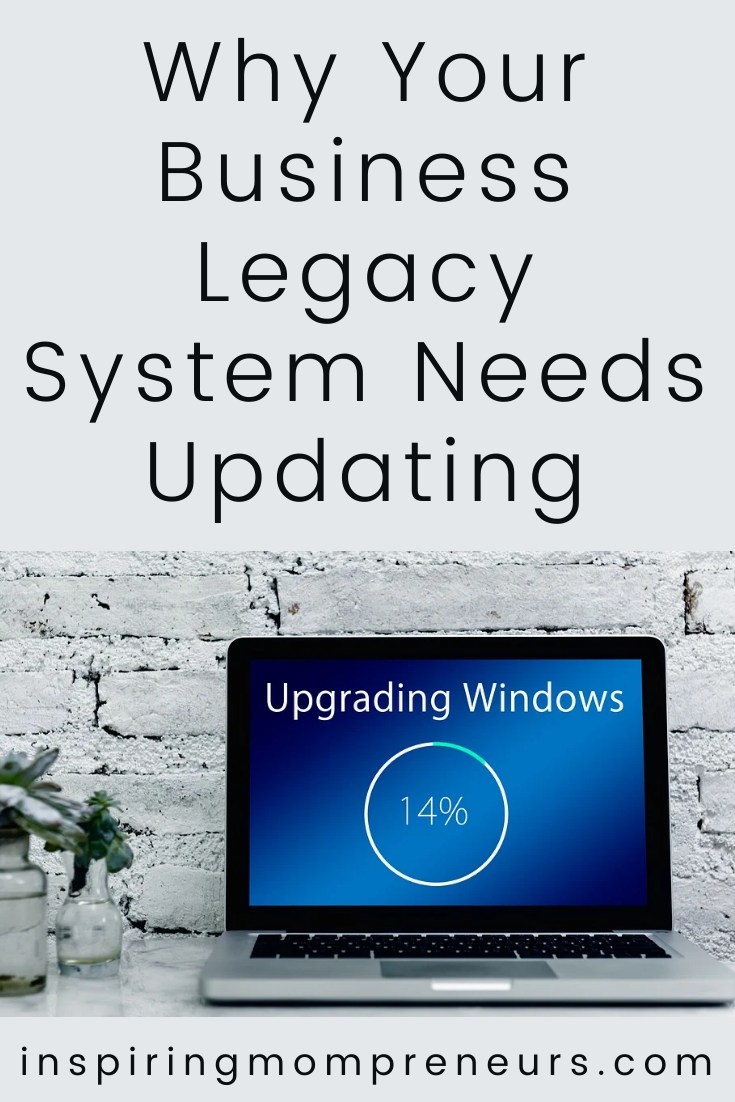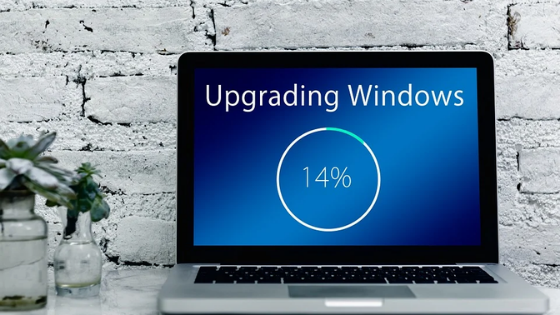As the name suggests, a legacy system isn’t something you can do without for a couple of days. Usually, it’s the core of your business’ digital presence, whether that’s online or via instant communication channels. It’s essential, but it’s also old and out of date. At least, this is the case of lots of legacy models.
Companies keep calm and carry on as they see no other option, yet the long-term gain exceeds the short-term pain. It’s hard to see the light at the end of the tunnel sometimes, which is why you can find the top reasons to update your legacy system underneath.
 You Have To Integrate
You Have To Integrate
There are so many programs and software releases available that it’s challenging to keep up with the latest releases, but you have to if you want to provide a pleasurable UX.
After all, customers and users don’t opt for the same platform, as the sales figures for Apple and Android on Leftronic highlight.
Therefore, integration is integral to success as, without it, you won’t be able to offer services and solutions to a core base of your audience, reducing your ability to turn a profit and improve your bottom line.
Consumers Expect
Why is integration so important? It’s not only that you’ll have a smaller portion of people to sell to, but it’s also because new customers are harder to attract if you don’t exceed their expectations.
Today, the ability to chat through an AI-powered app is non-negotiable. If you don’t provide it, people will find a new supplier.
However, chatbots aren’t included with most CRMs, so you have a problem if your legacy system is rigid and inflexible. Not all of them are, but the majority of old platforms (hence ‘legacy’) are incompatible with current consumer expectations.
Securing Data is Tough
Data security is right at the top of the list of things people cherish the most. After breaches and scandals, and the fact others are profiting from something that isn’t theirs, online users are fighting back.
As a result, if your data operating policies aren’t transparent, or you mess up and advertise their information, they’ll bounce.
OneLogin points out this is common with legacy systems since they’re old, cumbersome, and lack modern security features. A new platform negates these potentially devastating consequences by providing them as standard. Even if you don’t change systems, it’s vital to evaluate your security protocols to ensure customer data is safe.
Legacies are Slow
Although you might be able to make them work, it doesn’t mean your business is offering the best version of itself to the shoppers.
If anything, it implies you’re getting by without having the motivation or desire to think big, and these are red flags for clients and customers. Upload and download speeds and latency are prime examples.
Legacy systems lag all the time and take forever to load, which ruins the user experience and prevents your company from being productive and efficient.
Do you run a legacy system? Do you need to change it now for a brighter future?
Image Credit: Pixabay – CC0 Licence


